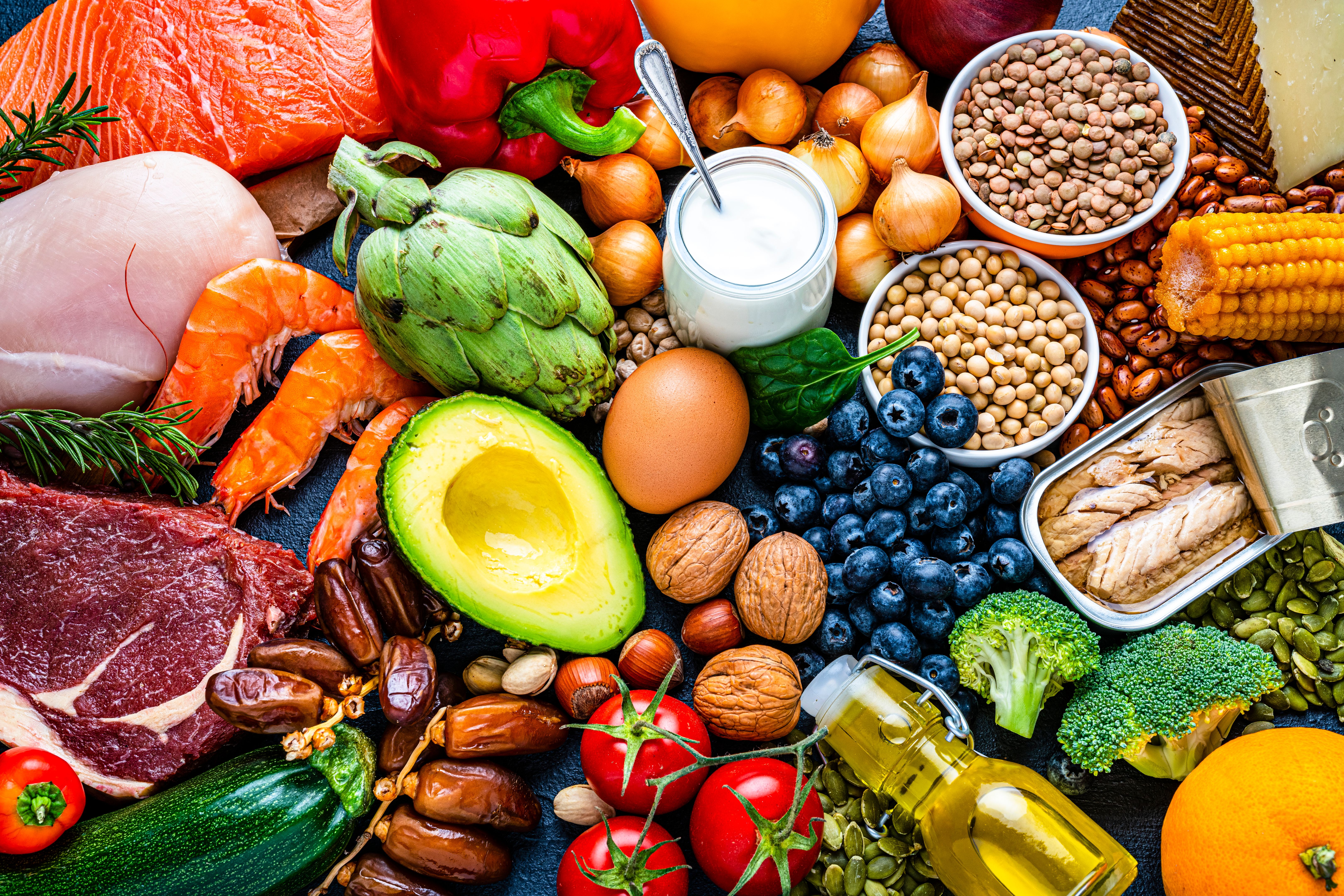The American Obsession with Protein: Understanding Its Role in Health
CC
The Rise of Protein Popularity
In recent years, protein has become a buzzword in the American diet, with an increasing number of food products boasting high-protein content. From protein shakes and bars to cereals and pasta, it appears that the obsession with protein is here to stay. But what has fueled this fascination, and why is protein considered such an essential component of our diets?

The Essential Role of Protein in the Body
Protein is a macronutrient that plays a critical role in building, repairing, and maintaining tissues in the body. It is composed of amino acids, which are the building blocks for muscles, hormones, enzymes, and even our immune system. This makes protein vital not only for athletes or bodybuilders but for everyone aiming to maintain a healthy lifestyle.
Beyond muscle development, protein is crucial for several bodily functions:
- Bone Health: Adequate protein intake supports bone density and reduces the risk of fractures.
- Weight Management: Protein can help control appetite and enhance metabolic rate, supporting weight loss goals.
- Cellular Repair: It assists in repairing cells and producing new ones, essential for growth and healing.
How Much Protein Do You Really Need?
The amount of protein each person needs can vary based on factors such as age, sex, physical activity level, and overall health. The Recommended Dietary Allowance (RDA) suggests a baseline intake of 0.8 grams of protein per kilogram of body weight. However, athletes or those engaging in intense physical activities might require more to meet their energy needs.

Debunking Protein Myths
While protein is essential, there are several misconceptions about its consumption. One common myth is that more protein equals better health. In reality, consuming excessive amounts can strain the kidneys and may contribute to other health issues. It’s important to balance your diet with other nutrients for optimal health.
Another myth is that animal products are the only sources of high-quality protein. Numerous plant-based options like beans, lentils, tofu, and quinoa provide ample protein, making them excellent alternatives for vegetarians and vegans.
Integrating Protein into a Balanced Diet
To reap the benefits of protein without overconsuming, focus on incorporating a variety of sources into your meals. Consider these strategies:
- Include a source of protein in every meal to keep you full and energized.
- Opt for lean meats like chicken or fish when choosing animal proteins.
- Experiment with plant-based proteins to diversify your diet. Make sure these include legumes such as lentils which contain up to 18grams per cup. We highly recommend not purchasing precessed meat alternatives as sources of protein sources. We do however recommend Tofu as a quarter block serving contains up to 9grams of protein and was an essential element along with rich greens like spinach and chards to Chef Chucks recovery from rare stomach cancer.

Understanding the role of protein in our health can empower us to make informed dietary choices. While it’s clear that protein is crucial, achieving balance with other nutrients is key to overall wellness. By dispelling myths and focusing on varied sources, we can harness the benefits of protein as part of a healthy lifestyle.